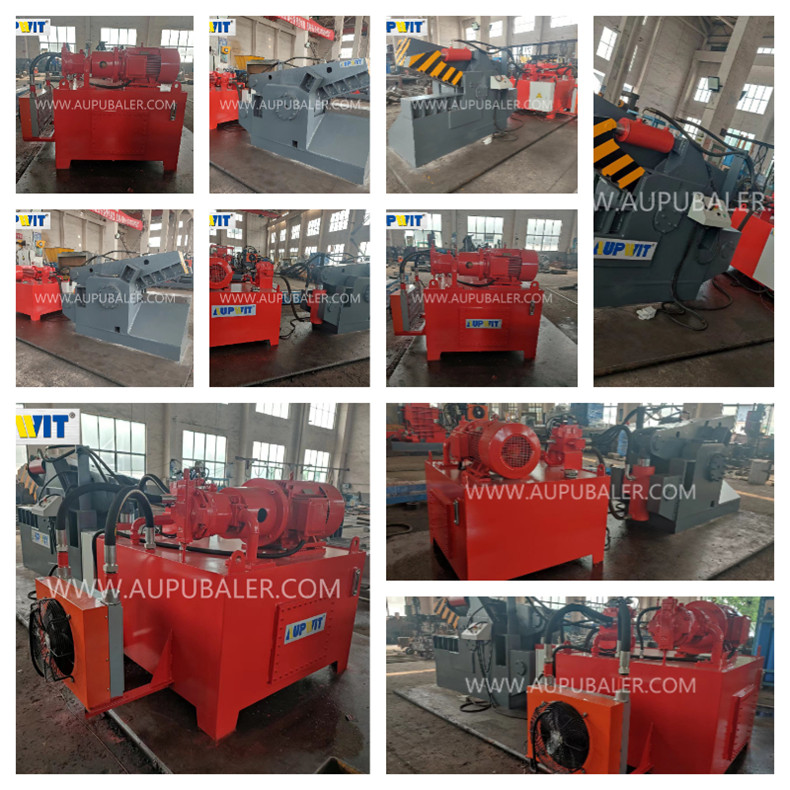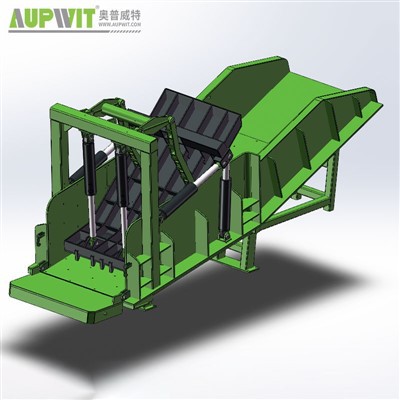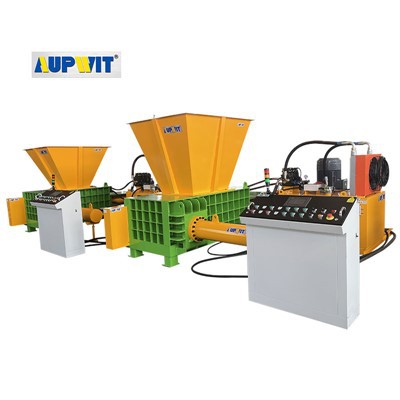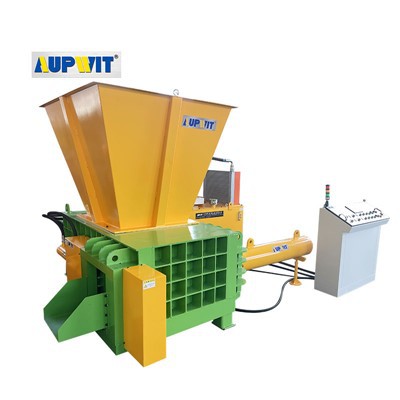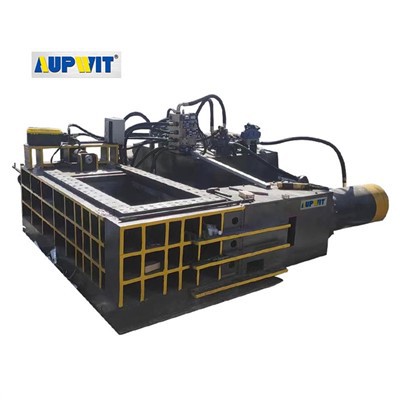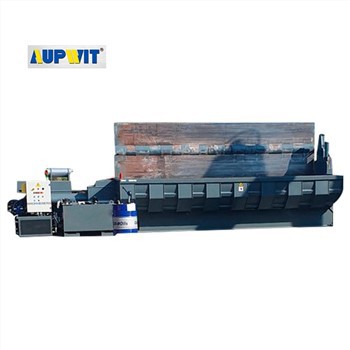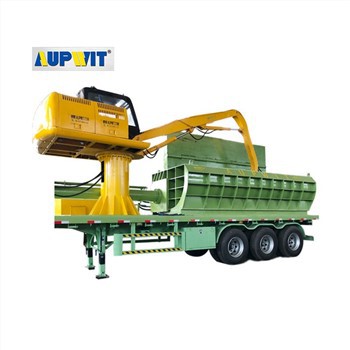1. Equipment inspection
Appearance inspection: Carefully check whether the equipment casing is damaged or deformed, whether the connection parts are firm, and whether the transmission parts such as belts and chains are loose or worn. Any abnormality in appearance may affect the subsequent operation of the equipment and need to be repaired or replaced in time.
Lubrication system inspection: Check the lubrication points of the equipment to ensure that the lubricating oil is sufficient and the oil circuit is unobstructed. Good lubrication can reduce component wear and extend the service life of the equipment, while ensuring the smooth operation of the equipment and reducing the probability of failure.
Electrical system inspection: Confirm that the power supply is connected correctly and the voltage meets the equipment requirements. Check whether the control switches and buttons are sensitive and effective, and whether the indicator lights are displayed normally. If there are hidden dangers in the electrical system, it may cause the equipment to malfunction and cause safety accidents.
2. Material preparation
Confirmation of material adaptability: Clarify the material, thickness, width and other parameters of the metal material to be sheared to ensure that it is within the processable range of the equipment. Metals of different materials and specifications have different requirements for shearing force, blades, etc. Only suitable materials can ensure the shearing effect and equipment safety.
Material surface cleaning: remove oil, rust, debris, etc. on the surface of metal materials to prevent these impurities from affecting the shearing accuracy, and at the same time prevent impurities from entering the equipment and damaging key components.
3. Personnel protection preparation
Wear protective equipment: Operators must wear standard work clothes, safety helmets, protective gloves, goggles, etc. Work clothes should be fit and wear-resistant, safety helmets can protect the head from accidental impacts, protective gloves can prevent hands from being scratched by sharp metal, and goggles can prevent metal debris from splashing and causing damage to the eyes.
Operation training confirmation: Operators must undergo professional training and be familiar with the operating procedures, safety precautions and emergency handling methods of Metal Shear. Only with professional knowledge and skills can the equipment be operated safely and efficiently.
